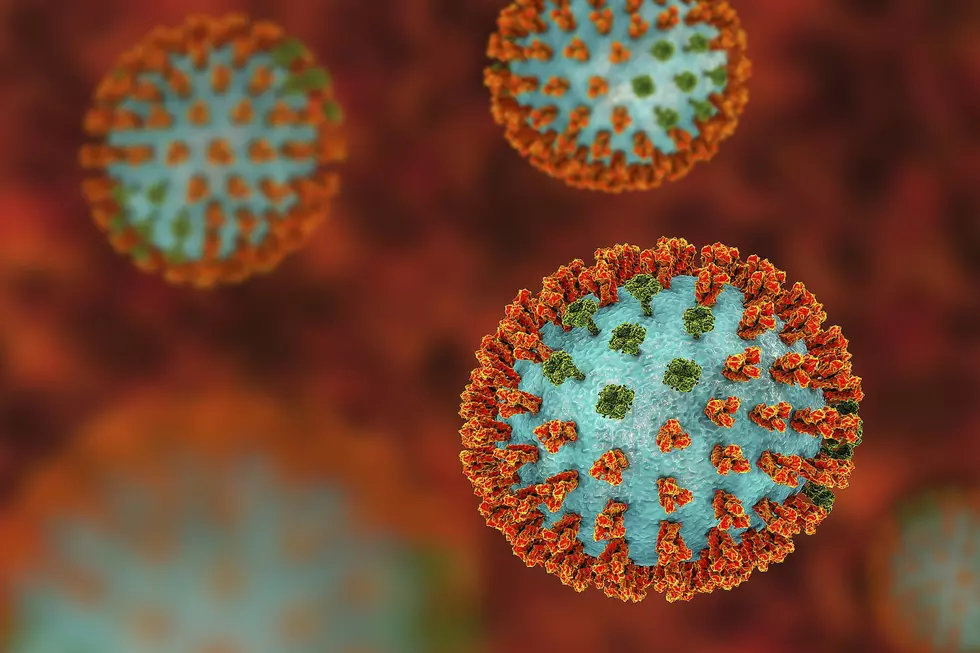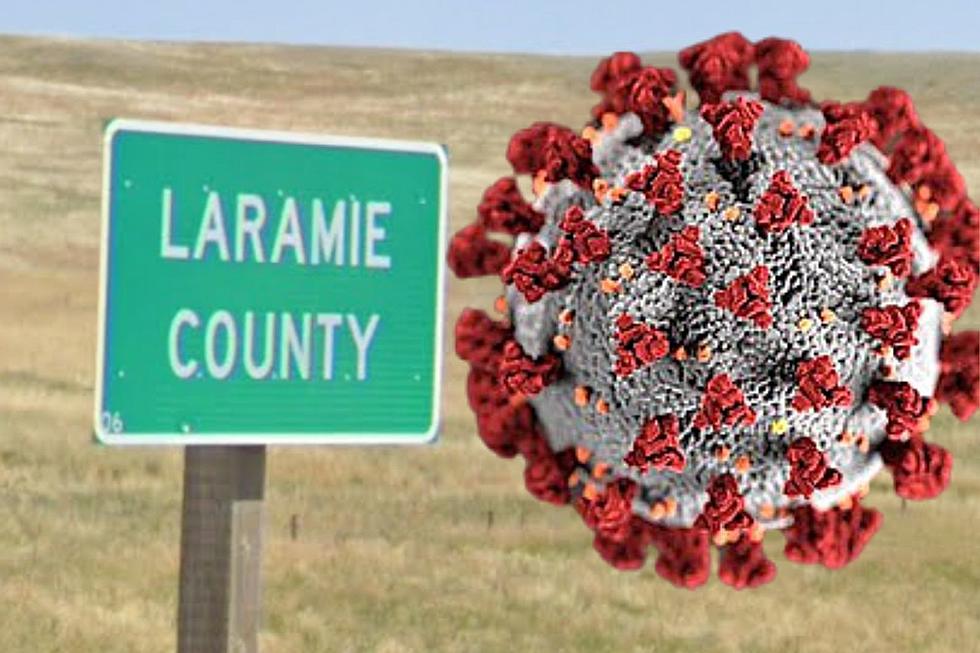
Updates Set for Wyoming Cancer Program Screening Services
The Wyoming Cancer Program, a part of the Wyoming Department of Health, is announcing changes to their breast, cervical, and colon cancer screening services.

Star Jones, Wyoming Cancer Program manager, said:
"These screenings are critical because they help detect breast, cervical and colorectal cancer at the earliest stages, which increases chances for survival and cure. Most of these cancers don’t have obvious early symptoms."
Beginning July 1, breast and cervical cancer screening services will expand coverage to include those who are considered underinsured, which Jones said includes "people who may have insurance but who cannot afford insurance deductibles or other out-of-pocket expenses."
Jones said in Wyoming, 10% of the population is without insurance and 10% of the population is considered low income.
The changes to the program will allow those who are considered low income, and not uninsured, access to cancer screening programs that had previously been unable to afford testing.
The program has also updated the age criteria for colon cancer screening coverage to age 50 and older, and will provide coverage for at home colon cancer testing kits, which had previously costed patients hundreds of dollars.
The part of the program that increases access to breast and cervical cancer screenings is part of a federal program, so it does not cost the state anything, however coverage for the colon cancer testing kits are from the state budget.
Jones said Wyoming needs to do what it can to increase screenings for cancer, as the state is at or near the bottom when it comes to testing.
Every two years, the Behavioral Risk Factor Surveillance System is conducted, which surveys people across the country about their health habits, and based on data from 2019, 64.8% of people in Wyoming get colon cancer tests, 68.1% for breast cancer, and 77.5% for cervical cancer.
Jones said those numbers put Wyoming at or near the bottom compared to the rest of the country, with the state aiming to reach 80% testing rates.
In Wyoming, Jones said there is a an issue of people not going to the doctor often enough, which contributes to the low rate of testing and people sometimes not find out about issues until it's too late.
"Most people associate a doctors office with a high cost or with some form of bill, not really understanding what their insurance covers or what the purpose of going to the doctor is...A lot of people only go to the doctor when there's something wrong, so most of the time it's not a preventative check-up where the doctor would ask them all types of questions and look at what their eligible for."
Top Restaurants Residents Want Back In Casper
More From KGAB









